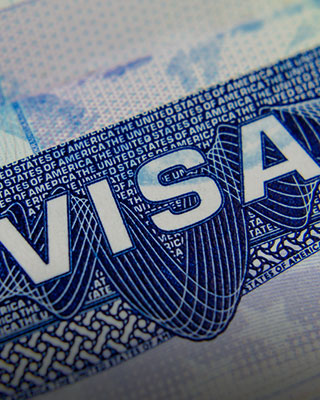

Attorney Magdalena Cuprys is a seasoned immigration lawyer based in Orlando and Coral Gables, Florida. With three languages under her belt and years of legal experience working with immigrants of all kinds, she brings considerable experience and insight to the field and works hard to explain immigration concepts, empower future citizens, and keep current and prospective immigrants up to date on US immigration law.
Connect with her firm, Serving Immigrants, to stay updated on the latest developments in United States immigration law and gain valuable insights needed to navigate the challenging legal landscape of immigration in Florida.
Call Us Now To Get Your Case Reviewed (305) 907-6151